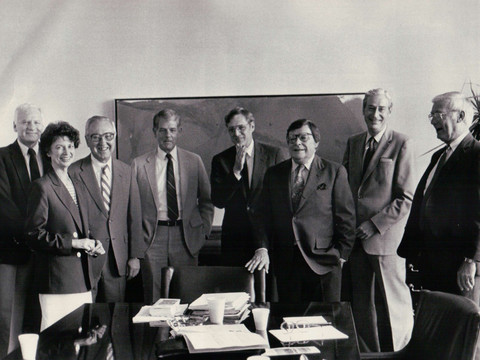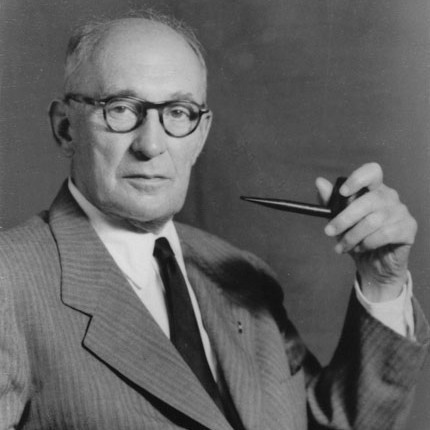Page was founded in 1983 by a small group of regional vice presidents of public relations for AT&T. Following the breakup of AT&T into the “Baby Bells,” this group realized the value of gathering periodically to share their experiences and advice. Before long the group realized that CCOs at other companies, and they themselves, would benefit from a more diverse set of members. What began as an informal assembly of PR leaders has since grown to the preeminent membership association for the senior-most corporate communications leaders and experts in the world.

Arthur W. Page viewed public relations as the art of developing, understanding and communicating character, both corporate and individual. He believed in humanism and freedom as America's guiding characteristics and as preconditions for capitalism.
Page believed that a successful corporation must operate in the public interest, manage for the long term and make customer satisfaction its primary goal. At a public relations conference of the Chesapeake and Ohio Railway Company in October, 1939 he described the dynamic:
"Real success, both for big business and the public, lies in large enterprise conducting itself in the public interest and in such a way that the public will give it sufficient freedom to serve effectively."

Asked in 1946 about the public relations job that business as a whole should do, Page responded:
"[A]ny concern that does business with the public is in a public business. It is subject to regulation in many ways -- by laws, from those affecting incorporation to blue sky legislation; by forms of public supervision; by the public's giving or withholding patronage, and by public praise or blame from the press, radio, political leaders. Public opinion may at any time be translated into law.
"This task of business in fitting itself to the pattern of public desires is public relations. It is, in effect, adapting big business to a democracy. The public relations job of this, as of other businesses, is to earn a good reputation with the public, to establish itself in the public mind as an institution of character and one which functions in the public interest.
As the first executive-level public relations leader, Page understood that the model of public relations that existed at the time - that of promoting the agenda of the corporation - was important but incomplete.
"As for advertising and publicity, it is true they are important parts of public relations, although here, as in most human affairs, what you do is more important than what you say. What you say, the manner and extent to which you inform the public about the conduct of your business is a vital matter, however. Purpose of this information is to tell the public about the policies and practices of a company so as to demonstrate how it is fulfilling its contract with the public. The theory is that the greater the public knowledge of a business the greater the public's understanding of the business and the greater the use of its goods and services."